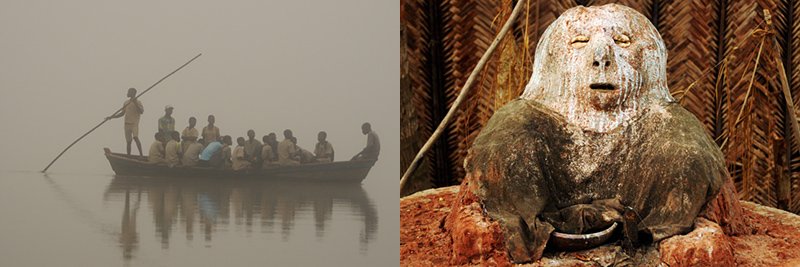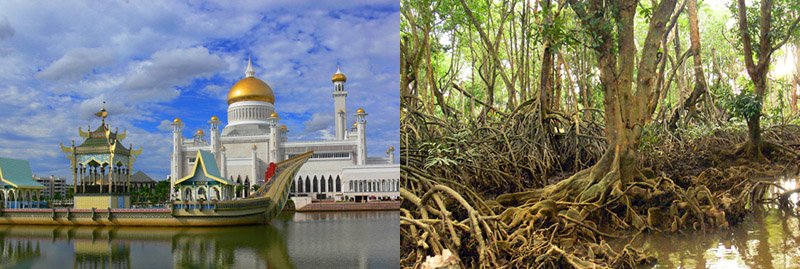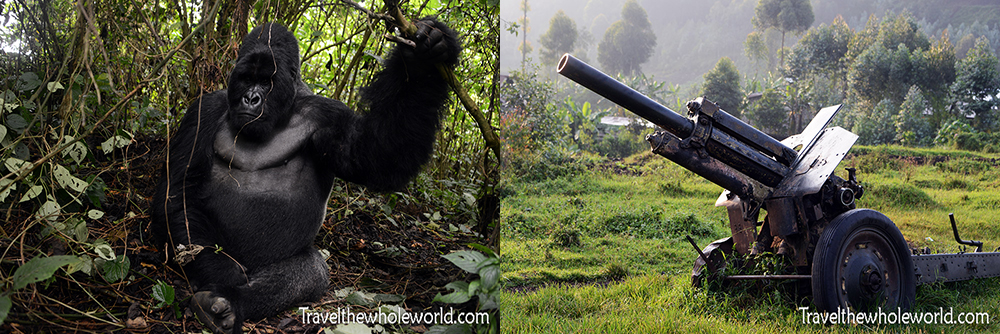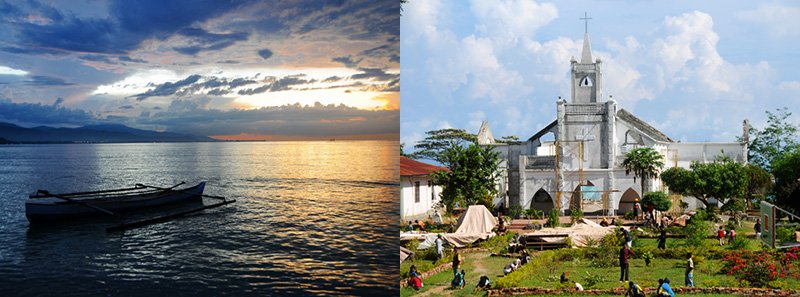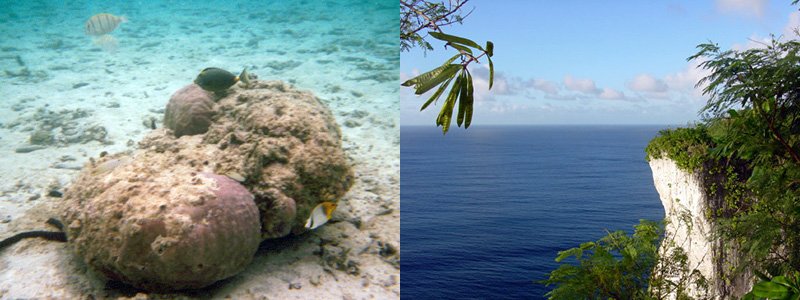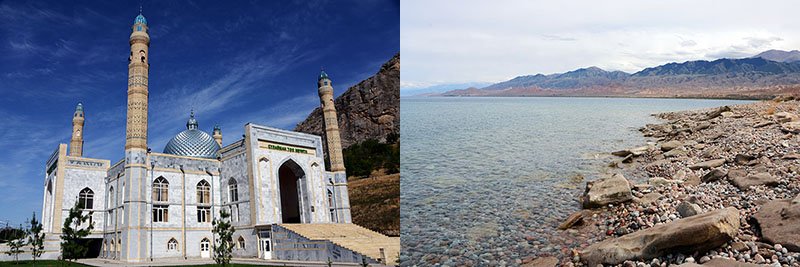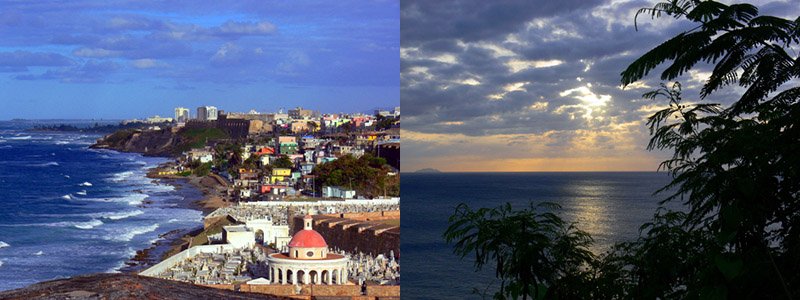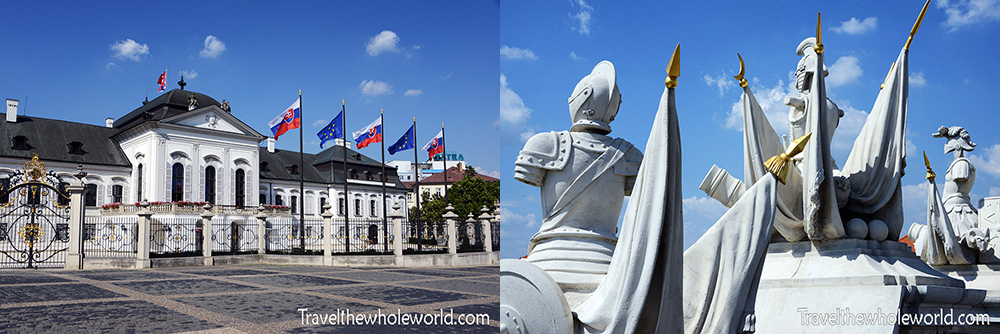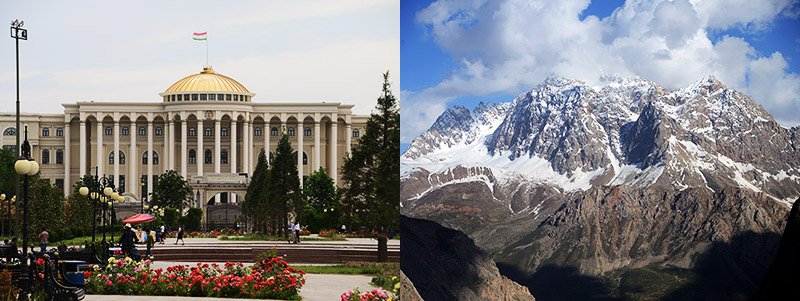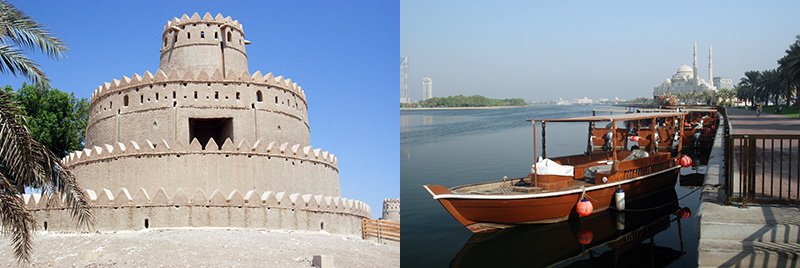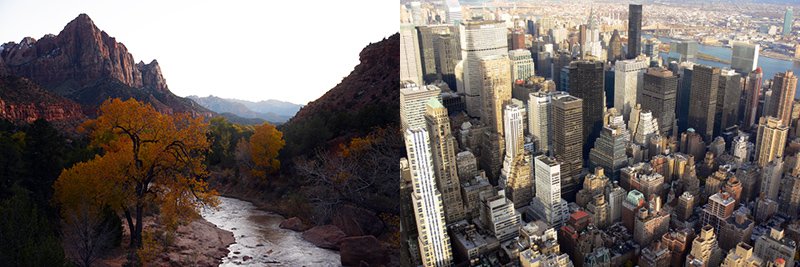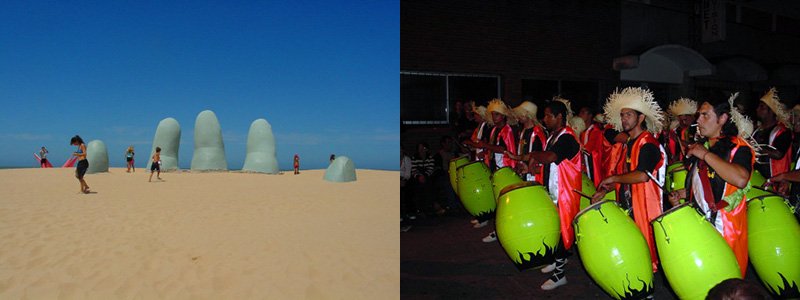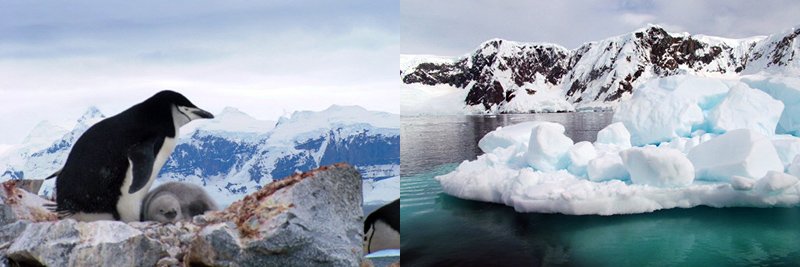Every Country in the World
Here is my own personal list of what I consider to be every country in the world. You’d think this would be straight forward, but a list of every country is actually very debatable! The easy way would be to simply follow the United Nations’ official list of countries, but in my opinion this is deeply flawed.
Their list is strictly political, so it ignores other equally important factors such as history, culture, geography, and more. If I visited Greenland for example, I could also claim to have ben to Denmark since they are politically the same country. For this reason I consider most dependencies to be countries, but not necessarily all of them. This is where things get a bit gray, and I’ll breakdown my philosophy on this.
1) Afghanistan 2) Albania 3) Algeria 4) America Samoa 5) Andorra 6) Angola 7) Antarctica 8) Aruba 9) Argentina 10) Armenia 11) Australia 12) Austria 13) Azerbaijan 14) Bahamas 15) Bahrain 16) Bangladesh 17) Barbados 18) Belarus 19) Belgium 20) Belize 21) Benin 22) Bermuda 23) Bhutan 24) Bolivia 25) Bosnia & Herzegovina 26) Botswana 27) Brazil 28) Brunei 29) Bulgaria 30) Burkina Faso 31) Burundi 32) Cambodia 33) Cameroon 34) Canada 35) Cape Verde Islands 36) Cayman Islands 37) Central African Republic 38) Chad 39) Chile 40) China 41) Christmas Islands 42) Colombia 43) Comoros Islands 44) Congo 45) Congo DR/ 46) Cook Islands 47) Costa Rica 48) Croatia 49) Cuba 50) Cyprus 51) Czechia 52) Denmark 53) Djibouti 54) Dominica 55) Dominican Republic 56) Dutch Antilles 57) East Timor | 58) Easter Island 59) Ecuador 60) Egypt 61) El Salvador 62) Equatorial Guinea 63) Eritrea 64) Estonia 65) Ethiopia 66) Falkland Islands 67) Faroe Islands 68) Fiji Islands 69) Finland 70) France 71) French Guiana 72) French Polynesia 73) Gabon 74) Gambia 75) Georgia 76) Germany 77) Ghana 78) Greece 79) Greenland 80) Grenada 81) Guadeloupe 82) Guam 83) Guatemala 84) Guinea 85) Guinea-Bissau 86) Guyana 87) Haiti 88) Honduras 89) Hong Kong 90) Hungary 91) Iceland 92) India 93) Indonesia 94) Iran 95) Iraq 96) Ireland 97) Israel 98) Italy 99) Ivory Coast 100) Jamaica 101) Japan 102) Jordan 103) Kazakhstan 104) Kenya 105) Kiribati Islands 106) Kosovo 107) Kuwait 108) Kyrgyzstan 109) Laos 110) Latvia 111) Lebanon 112) Lesotho 113) Liberia 114) Libya | 115) Liechtenstein
| 171) Sao Tome 172) Saudi Arabia 173) Senegal 174) Serbia 175) Sierra Leone 176) Singapore 177) Slovakia 178) Slovenia 179) Solomon Islands 180) Somalia 181) South Africa 182) South Korea 183) South Sudan 184) Spain 185) Sri Lanka 186) St. Helena 187) St. Kitts & Nevis 188) St. Lucia 189) St. Vincent & Gren. 190) Sudan 191) Suriname 192) Swaziland 193) Sweden 194) Switzerland 195) Syria 196) Taiwan 197) Tajikistan 198) Tanzania 199) Thailand 200) Togo 201) Tokelau Islands 202) Tonga 203) Trinidad 204) Tunisia 205) Turkey 206) Turkmenistan 207) Turks & Caicos 208) Tuvalu 209) UAE 210) Uganda 211) Ukraine 212) United Kingdom 213) United States 214) Uruguay 215) Uzbekistan 216) Vanuatu 217) Venezuela 218) Vietnam 219) Virgin Islands US 220) Virgin Islands UK 221) Wallis & Futuna 222) Western Sahara 223) Yemen 224) Zambia 225) Zimbabwe | |
When it comes to official lists of every country in the world, almost all major governments agree there are nearly 200 countries. Determining which territories should be countries is the challenge. Some who don’t follow the UN list have created strict definitions. One example I saw claims that any geographically isolated area that has a population of over 100,000 is a country.
With these rules this would name Puerto Rico a separate country from the United States, (which I would agree with). But this also suggests that Hawaii, Alaska, and even Canada’s Prince Edward Island are their own countries, (which I would not agree with).
Like the UN list, this geographical rule ignores too many other important factors. Usually I look at each dependency or territory on a case by case basis focusing on culture, size and the distance from the mainland. In my opinion the easiest way to look at which territories should be considered countries is from a native’s perspective. I don’t think any American would fly from California to Alaska and consider themselves to have left the country. Despite the geographical distance Alaska is politically part of the US like any other state, and for the most part shares the language and culture of the mainland. Puerto Rico on the other hand has a different form of government, along with significant differences in culture, ethnic groups, and their primary language.
- Culture: Culture is one of the easiest ways to determine if what territories should make it on my every country list. Take some obvious examples like France and its territory of French Guiana in South America. I wouldn’t expect a traveler to do an Amazon trek, meet with tribal natives and return home to discuss his amazing trip to France.
- Distance: Using distance as a factor isn’t as simple as culture. While the culture on the Falkland Islands might not be drastically different from that of the UK, their extreme distance can’t be ignored. One could argue the same for Hawaii or Alaska, but these states are an integral part of America that largely shares the same language, culture, and political power as other states. The Falkland islands have a very small population and are not comparable to other parts of the United Kingdom such as Wales or Scotland. In my mind it exists a small distant country in the opposite hemisphere.
- Size: It might sound easier to simply include every territory as a separate country, but many territories exist as extremely small areas with tiny populations. Wake Island near Hawaii is a territory that I do not consider a country because it has only a small base of 50 people working on the islands. Other similar examples are places like the Rock of Gibraltar in Spain, a British territory that is so small it could hardly be considered a country.
- Rebel Territories: Rebel territories are actually easy, I don’t think I’ve ever considered any rebel territories to be their own countries. This might not make the rebels happy, but the reality is they generally occupy very small undefined parts of countries and rarely achieve independence.








